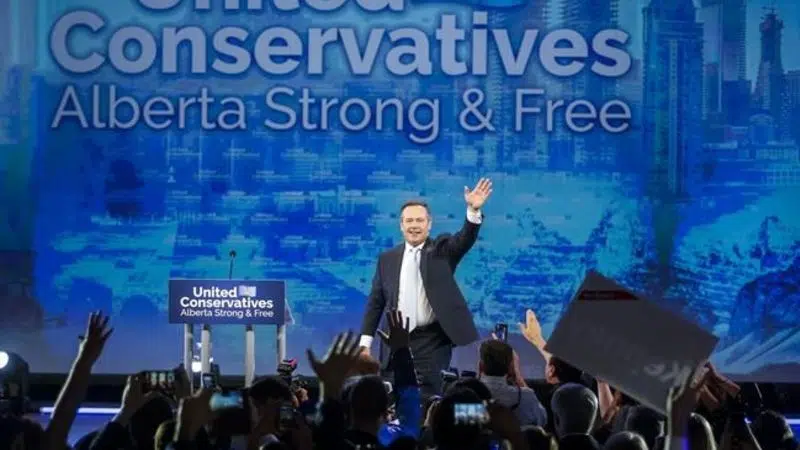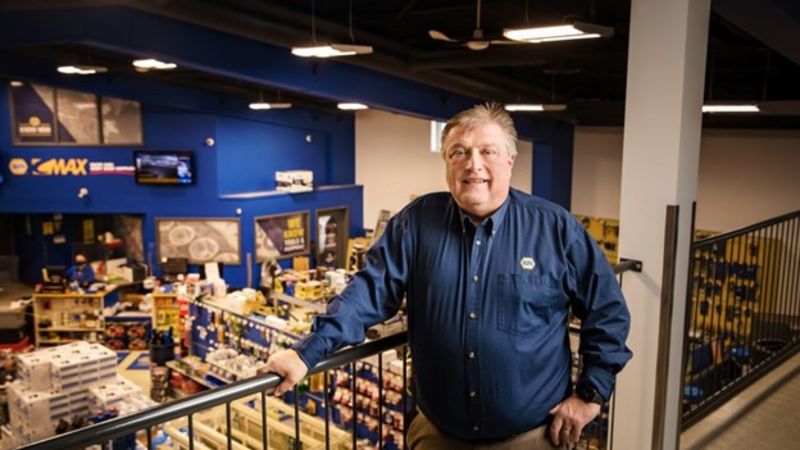
Kenney’s premiership to pose challenges, opportunities for Trudeau
OTTAWA — Jason Kenney’s newly secured perch as premier of Alberta poses both a threat and a potential boon to Prime Minister Justin Trudeau’s re-election chances this fall, political observers said Wednesday in the wake of the United Conservative Party’s resounding win in Alberta.
Kenney — an outspoken and articulate former cabinet minister under ex-prime minister Stephen Harper — has made it clear he plans to oppose Trudeau on issues including the carbon tax and equalization payments, and so far has made good on his word, said fellow former Tory front-bencher Stockwell Day.
“He is clearly ringing their bell right now,” said Day. “He’s saying he’s going to fight hard for those provincial areas of jurisdiction that can help a province determine its destiny.”


